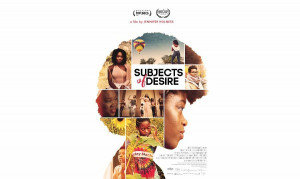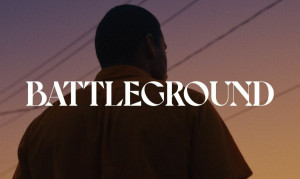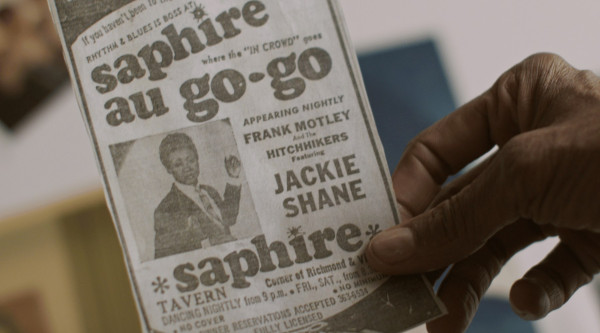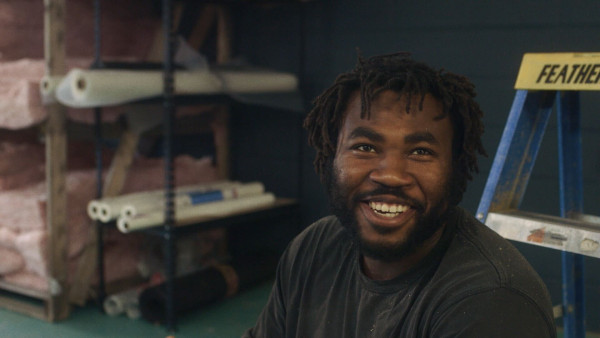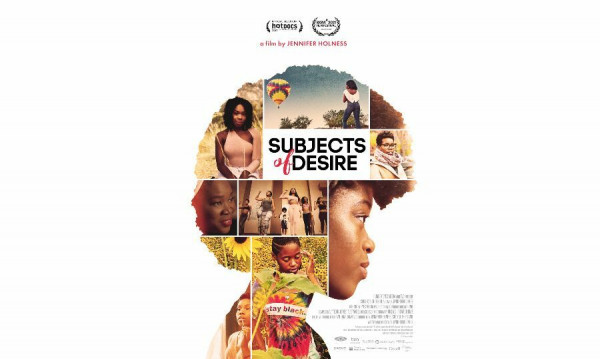The film, which has just won the Hot Docs film festival's Special Jury Prize, follows Haitian-born Josiah Wilson, who was legally adopted by an Indigenous family – a white mother and a Heiltsuk Nation father - when he was just an infant.
Wilson embarks on an ambitious journey to find healing from his difficult past and find his footing in the world.
Not aware of who his biological parents were, Wilson was raised in Canada and developed an immense love for his adoptive family including his mother, father, two sisters, a brother and extended family members, especially his late grandfather.
Wilson had a special passion for basketball from a young age. He played for his high school teams and community leagues. He participated in the All Native Basketball Tournament for two years. In his third year of basketball in 2016, Wilson was removed from the All Native Basketball Tournament due to concerns that he wasn’t Indigenous by blood.
According to tournament rules, he didn’t have sufficient “blood quantum” – which requires a person to have one-eighth Indigenous blood within them, and so Wilson was banned.
For a community like Heiltsuk with a long-standing tradition of adoption and values for kinship and family, Wilson’s case was indeed shocking. This was a traumatic event for Wilson because basketball had a special place in his life and he identified himself as an Indigenous person, because, by all accounts, this is his world.
Wilson is forced to embark on a journey to reverse the unreasonable rule. He wasn’t alone and had the support of his community and family, especially his adoptive father, Dr. Don Wilson.
The ban stayed in place for two years and Wilson missed the 2016 and 2017 tournaments. Wilson and his father filed a claim with the BC Human Rights Tribunal in May 2016.
After robbing him of two years of his life, the Tournament organizers finally amended their eligibility rules and allowed Wilson, who was Indigenous under Heiltsuk and Canadian law, to play for the tournament.
The situation settled when the All Native Basketball Tournament officially apologized to him and a washing ceremony was held for Wilson. This ceremony is a cultural tradition that absolves the negative influence and impact of a bad experience on someone who belongs to their community.
This was a very emotional moment for both Wilson and his father who had tears pouring down their faces. But did that ceremony heal Wilson’s heart?
The source of family love is not defined by biological DNA and genetics – as you’ll see with Wilson’s unique affection for his late grandfather. But the film also reveals the problems that arise when you are forced to re-evaluate whether you actually belong to your community.
There are more unexpected twists and turns in this doc, including Wilson's father coming out as gay, creating a painful wedge in the family. The film takes the audience on an emotional roller coaster from beginning to end. You can watch One Of Ours at Hot Docs Festival until May 9th.
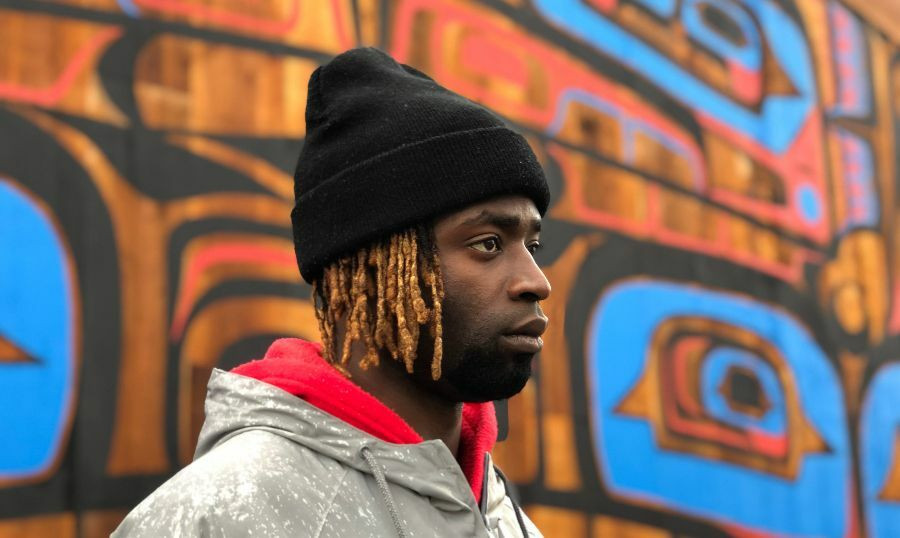
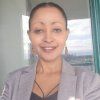 By
By 




